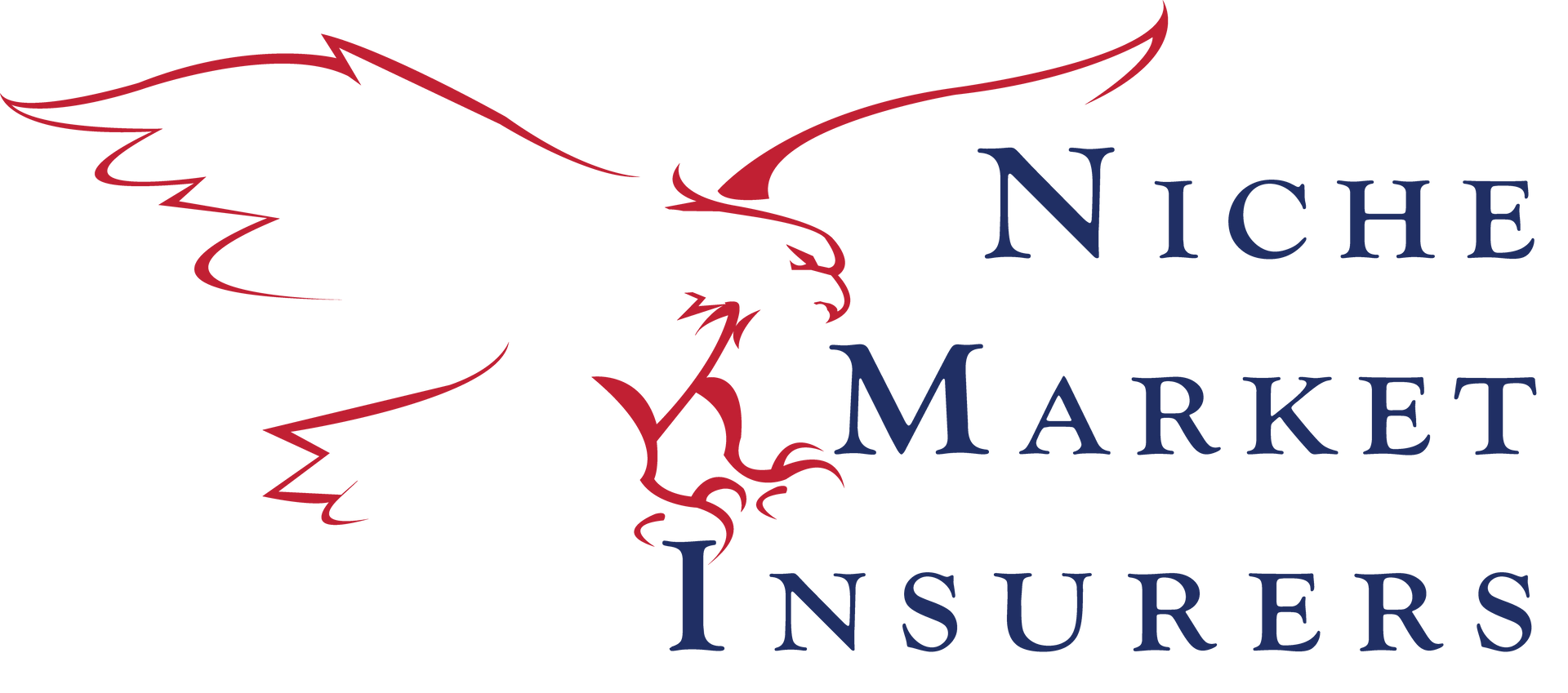Life Insurance
Your Comprehensive Guide To Life Insurance Options
Welcome to Niche Market Insurers, your trusted partner in protecting your loved ones' future. We understand that life is unpredictable, and that's why we offer a wide range of life insurance options to ensure financial security for your family. In this guide, we'll explore the different types of life insurance policies available, including term life insurance, whole life insurance, universal life insurance, indexed universal life insurance, final expense life insurance, and mortgage protection life insurance.
Term Life Insurance:
Term life insurance provides coverage for a specified period, typically ranging from 10 to 30 years. It offers a death benefit to your beneficiaries if you pass away during the policy term. Term life insurance is often chosen to provide financial protection during the years when your dependents are most vulnerable, such as when you have young children or outstanding debts like a mortgage. It offers affordable premiums and provides peace of mind during critical life stages.
Whole Life Insurance:
Whole life insurance is a permanent life insurance policy that provides coverage for your entire lifetime. It offers a guaranteed death benefit to your beneficiaries and also accumulates cash value over time. The cash value grows tax-deferred and can be accessed during your lifetime through policy loans or withdrawals. Whole life insurance is an excellent option if you seek lifelong coverage and want to build cash value that can be used for emergencies, supplementing retirement income, or leaving a legacy.
Universal Life Insurance:
Universal life insurance is another form of permanent life insurance that offers flexibility in premium payments and death benefit coverage. It allows you to adjust your premium payments and death benefit amount, within certain limits, as your needs change over time. Universal life insurance policies also accumulate cash value, which can be used to pay premiums or increase the policy's cash value over time. This flexibility makes universal life insurance a popular choice for individuals who want lifelong coverage with the ability to customize their policy to fit their evolving financial goals.
Indexed Universal Life Insurance:
Indexed universal life insurance combines the flexibility of universal life insurance with the potential for cash value growth based on the performance of a selected stock market index, such as the S&P 500. This policy offers the opportunity for greater cash value accumulation than traditional universal life insurance policies, while still providing a death benefit. Indexed universal life insurance is ideal for individuals who want the potential for higher returns on their policy's cash value, while still maintaining the security of a life insurance death benefit.
Final Expense Life Insurance:
Final expense life insurance, also known as burial insurance or funeral insurance, is designed to cover the costs associated with your final expenses, such as funeral and burial costs, medical bills, and outstanding debts. It provides a smaller death benefit compared to other types of life insurance policies, typically ranging from $5,000 to $25,000. Final expense life insurance offers peace of mind knowing that your loved ones won't be burdened with these expenses during an already challenging time.
Mortgage Protection Life Insurance:
Mortgage protection life insurance is specifically designed to pay off your mortgage balance in the event of your death. It provides a death benefit that matches your outstanding mortgage loan amount, ensuring that your family can continue to live in the family home without the financial strain of monthly mortgage payments. Mortgage protection life insurance is an essential consideration for homeowners who want to protect their family's home and provide stability in the face of unexpected circumstances.
Frequently asked questions
Note: The below answers are general in nature and may vary based on the specific terms and conditions of each life insurance policy. It is always recommended to consult with a qualified insurance agent or company to get personalized advice based on your individual circumstances.
Have questions for Niche Market Insurers?
At Niche Market Insurers, we understand that selecting the right life insurance policy can be overwhelming. Our team of experienced insurance professionals is here to guide you through the process, assess your needs, and help you choose the best life insurance policy that aligns with your goals and budget. Contact us today to secure the future of your loved ones with the right life insurance coverage.


